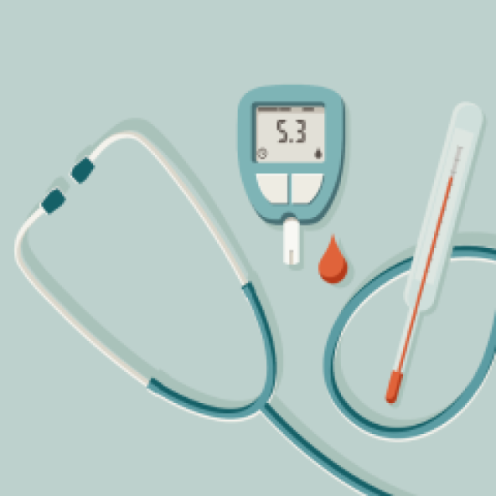Measuring variations in the brain’s respiration patterns could help detect Alzheimer’s disease early, according to a new study that may lead to better diagnosis and treatment.
Changes in oxygen supply to the brain can contribute to the degeneration of nerve cells, leading to Alzheimer’s, the study by Lancaster University researchers says.
Nerve cells and blood vessels work together to ensure the brain receives sufficient energy. The organ needs as much as a fifth of the body’s total energy consumption despite weighing just 1.4kg.
Researchers examined how changes in the brain’s neurovascular unit, which consists of blood vessels connected to neurons via brain cells called astrocytes, affect the Alzheimer’s condition.
“Alzheimer’s can be hypothesised as being a result of the brain not being appropriately nourished via the blood vessels,” said biophysicist Aneta Stefanovska, a co-author of the study.

In the new study, published in the journal Brain Communications, researchers connected probes to the scalp to measure brain blood flow and electrical activity as well as an electrocardiogram and a belt wrapped around the chest to monitor heart rate and breathing. By simultaneously capturing these parameters, researchers could capture the body’s natural rhythms and their imperfect timings.
Scientists found that the efficient functioning of the brain depends on how well all these rhythms are orchestrated.
They also found that the respiratory frequency at rest is significantly higher in participants with Alzheimer’s disease.
For instance, while the control group had an average respiration rate of about 13 breaths per minute, the Alzheimer’s group had 17 breaths per minute.
“This is an interesting discovery – in my opinion a revolutionary one – that may open a whole new world in the study of Alzheimer’s disease,” Dr Stefanovska said.
“It most likely reflects an inflammation, maybe in the brain, that once detected can probably be treated and severe states of Alzheimer’s might be prevented in the future,” she said.
Researchers said the findings could yield promising drug targets as the current protein-focused trials had produced “disappointing results”.
“We show clear results of our approach and how Alzheimer’s can be detected simply, noninvasively, and inexpensively,” Dr Steganovska said.
“Of course, more research is needed.”














